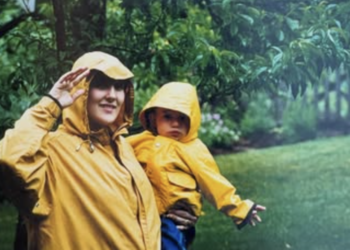Meta’s New A.I. Superstars Are Chafing Against the Rest of the Company
When Mark Zuckerberg revamped Meta’s artificial intelligence operations this year, he recruited a new leader — Alexandr Wang, a 28-year-old...
Mega Garchomp Z Is Missing in Pokémon Legends Z-A DLC. Here’s How to Actually Get It.
The Pokémon Legends Z-A DLC Mega Dimension is out now on the Nintendo Switch 2. However, you may be wondering...
Billionaire Trump Gives Jaw-Dropping Lecture to Parents as Prices Surge
Donald Trump has urged parents to cut back on Christmas presents for their kids this year, as Americans struggle to...
TIME Recognizes the 2025 Leaders of the Year at ‘A Year in TIME’
Event Will Feature Appearances by TIME’s Entertainer of the Year Leonardo DiCaprio, Athlete of the Year A’ja Wilson, CEO of...
Judge Says Trump Must End Guard Deployment in Los Angeles
A federal judge ordered the Trump administration on Wednesday to immediately end its current deployment of California National Guard troops...
Chinese Astronauts Clamber Outside Space Station to Inspect Damaged Spacecraft
Last month, Chinese astronauts on board the country’s Tiangong space station discovered cracks in the window of their return vehicle,...
Assisted-living facility owner and inspector sue each other over faulty sprinklers in deadly fire
A safety inspection company and the owner of a Massachusetts assisted-living facility that was the site of a fatal fire...
‘We live in a crazy world’: Elon Musk dogpiled on his own app for anti-immigrant remarks
Tesla CEO and ally to President Donald Trump Elon Musk was dogpiled Wednesday after complaining about immigrants voting in American...
Meet Gen Z’s latest obsession: A sneaker so bouncy it’s banned in major races
Asics; Hoka; Tyler Le/BIA Strava report found that Asics Novablasts were more popular than similar Nike or Hoka models.Novablasts are...
‘Confessions of a Shopaholic’ Author Dies at 55
Madeleine Sophie Wickham, better known by her pen name, Sophie Kinsella, died on Wednesday at age 55. The British writer...














